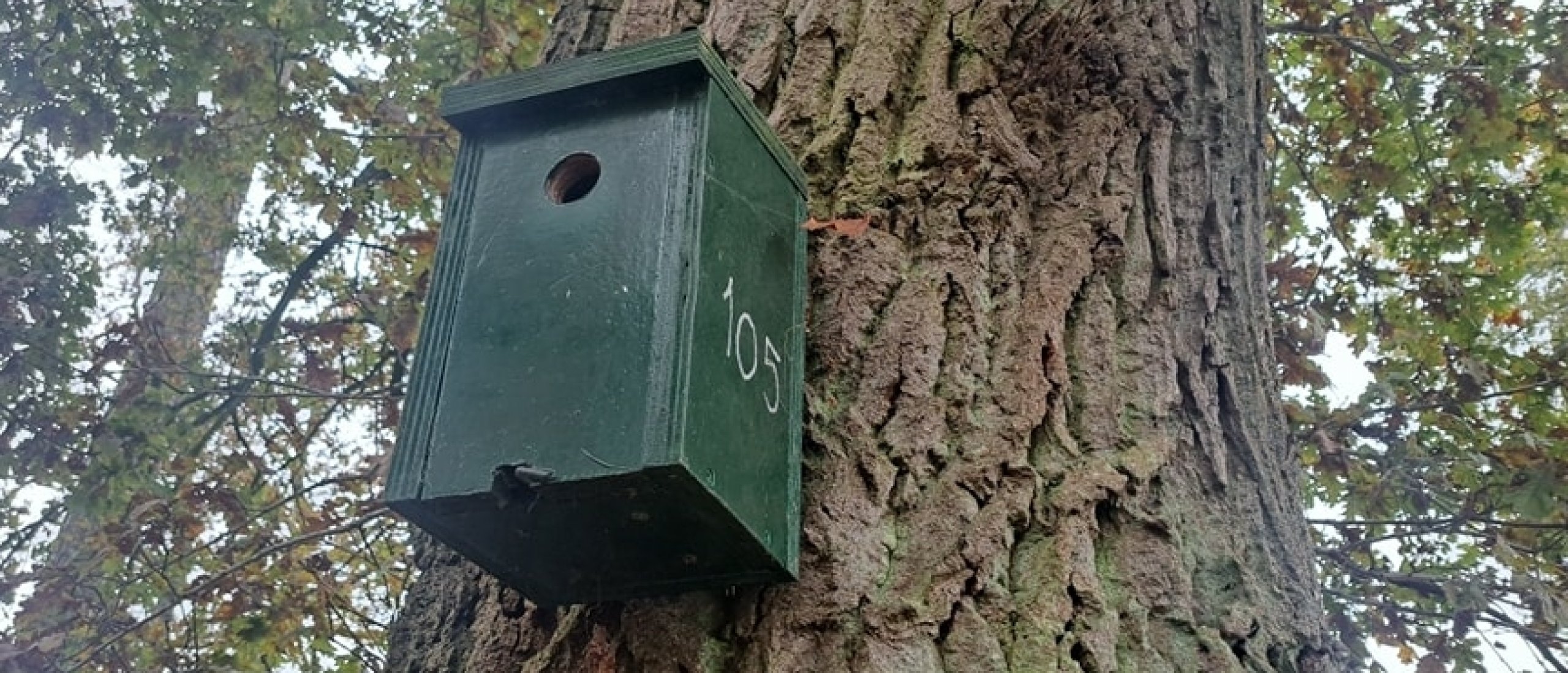Would you know how to say at home and that you go home in Dutch? Words and sentences with home are very important of course, so here you can discover how to say it correctly.....
The word huis in Dutch is house. If you like to say at home, then in Dutch you say thuis. Thuis is a contraction of te (at) & huis, so thuis literally means at house. If you speak other languages then it makes sense, if you take Spanish for example en casa literally means in house...
However, with thuis there are a couple of details... First of all thuis means at home and it is also the place where you feel at home. If you say Nederland is mijn thuis, then it could be a good sign, at least you feel at home there :)
In English you could say I buy a home, but... in Dutch you would never say ik koop een thuis. And... in English you can sell your home, but selling thuis would always be out of the question for a Dutch person! If home is something that you like to buy or sell, then simply use huis.... Ik koop or ik verkoop mijn huis.
Here is another small mistake that many people make... Would you know how to say that you go home? In Dutch you always say: ik (I) ga naar huis, literally I go to house. Remember that thuis means at home, and also in English you would never say I go go at house.
Here is a funny mistake that I have heard many times... Ik fiets thuis. It does not mean that you go on your bike home, because then you would say ik fiets naar huis. If you say ik fiets thuis, then it means that you bike in your house. Well... you never know... You may have a really big house, or you decided that your home trainer counts as well when it comes to biking :)
If you like to say that you leave your house, then you can simply say: ik ga van huis. Van huis is also something that you may use for your work. You can say ik werk thuis (I work at home), which is correct and if you say ik werk van huis, then there is a subtle difference. It means that you work at home and that you have impact on another place and that somehow you reach other people...
By the way, this is what Dutch people say if they have been away for a long time: ik mis mijn huis. Here it really means that you miss your house, you may miss for example the comfy sofa in your living room or your cat. If you say ik mis thuis, then somehow it sounds more profound and then often it means a place where you really belong...
You will also say ik verlang naar huis, I long for home. Naar huis simply means that you want to go home.
Here are some handy expressions that you can use:
Ik wil naar huis
Ik moet naar huis
Ik mag naar huis
Ik kan naar huis
For Dutch people, these sentences make perfect sense, but they may feel incomplete to you. Ik you say ik wil naar huis, then it means that you want to go home. If you say ik moet naar huis, it means that you have to / must go home. This can be a great excuse if all of a sudden you like to leave boriing Dutch events and birthday parties...
If you say ik mag naar huis, then it means that you have permission to go home and if you say ik kan naar huis then it means that you can go home. Often it means that you have finished your work or that you have time now to go home.
Here is also a funny thing. In English you can say that you are homesick, but strangely enough in Dutch you use a word that comes from German. Heimwee comes from home and wee is the Dutch version of the German Weh and it means pain. Heimwee is like a disease that you can have, so that is why you always say: ik heb heimwee... Heimwee is something that you have, and make sure that you do not say: Ik ben thuisziek, because then Dutch people will always understand ik ben thuis ziek, in the sense that you are sick at home...
Heimwee can also stand for nostalgie, nostalgia... You could say: ik heb heimwee naar vroeger and then it means that you miss the good old days.
If for any reason you like to say home sweet home, here is how you do it in Dutch: Oost west, thuis best. This one is easy to remember and.. it rhymes....
Now that we have explored many different things about huis and thuis in Dutch, let's see if this question makes sense to you: Is je huis je thuis? I hope that the answer is yes.....




